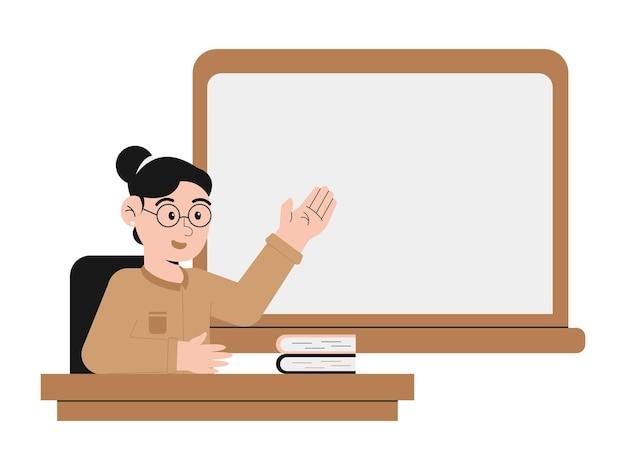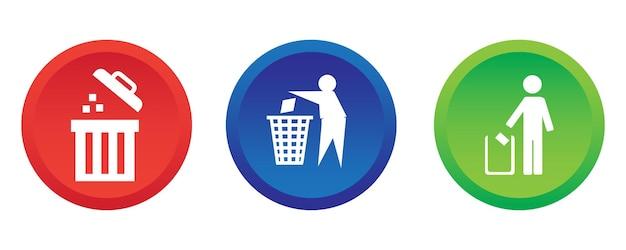In the ever-evolving landscape of education, effective communication between students and their teachers is crucial. Whether you’re seeking clarification on a topic, asking for extra help, or simply need to discuss something important, knowing how to approach your teacher politely can make all the difference. As a student, you might sometimes hesitate to ask questions or express your concerns, fearing that you may come across as disrespectful or annoying. Fear not, for we are here to help! In this blog post, we will explore some essential tips and strategies on how to politely ask a teacher, ensuring a positive and productive interaction.
So, if you’ve ever wondered, “How do you politely ask a teacher?” or “How do I ask my teacher to meet?” then this blog post is for you. We will cover various scenarios, from requesting a meeting to asking for class time, and provide you with practical advice to navigate these situations with confidence. By the end of this guide, you’ll have a better understanding of how to approach your teacher respectfully and improve your communication skills in an academic setting. Let’s dive in!

How to Ask Your Teacher Politely Without Being a Teacher’s Pet
So you’ve got a burning question but don’t want to come across as a brown-noser? We’ve all been there. Asking a teacher for help can be a daunting task, but it doesn’t have to be. With a little finesse and a dash of humor, you can politely ask your teacher for assistance without feeling like you’re sucking up. Here are some pointers to navigate this tricky terrain:
Be Respectful, Not Obsequious
You don’t need to butter up your teacher like a Thanksgiving turkey to get their attention. Show respect without going overboard. Instead of starting your question with “Dear Respected Professor,” opt for a simple “Hi Prof” or “Hey Mr./Ms. [Last Name].” You’ll strike the right balance between formality and friendliness. Remember, they’re people too, not just walking repositories of knowledge.
Timing is Everything
Don’t burst into your teacher’s office like a bull in a china shop. Choose an appropriate time when they’re not swamped with a mountain of papers or preparing for an imminent class. Ideally, catch them during office hours or right before or after a lecture. Your teacher will appreciate your consideration, and you’re more likely to have their undivided attention – and a smile on their face.
Mind Your P’s and Q’s
Pleasantries go a long way. Start your interaction with a genuine smile and a friendly greeting. Break the ice with a bit of small talk: ask about their day, comment on the weather (a classic fallback), or share a funny anecdote – anything to establish a connection beyond the teacher-student dynamic. Just be sure to keep it brief, unless your teacher happens to be an aspiring stand-up comedian.
Master the Art of the Humblebrag
No one likes a show-off, but what’s the harm in subtly highlighting your efforts? When requesting help, briefly mention the steps you’ve already taken to solve the problem yourself. It shows your teacher that you’ve put in some effort and aren’t just looking for a quick answer. Plus, a little clever self-promotion never hurt anybody – just don’t overdo it, or you might find yourself on the receiving end of an eye roll.
Keep It Concise and Clear
Teachers are busy bees, buzzing from one task to another. Make their lives easier by asking your question with clarity and brevity. Provide any necessary context or background information, but don’t ramble on with an exhaustive monologue. A well-articulated question will not only make the teacher’s heart sing but also increase the likelihood of a helpful response.
Express Gratitude (Without Going Overboard)
A simple “thank you” goes a long way in acknowledging your teacher’s guidance. After they’ve answered your question, take a moment to express your gratitude. A sincere appreciation enhances the teacher-student relationship and leaves a positive impression. However, resist the urge to shower them with compliments and gifts; maintaining a healthy boundary is crucial in this “asking politely” game.
Remember, Teachers Are Human
At the end of the day, teachers are regular people with their quirks and idiosyncrasies. They appreciate humor and genuine connections, just like anyone else. So don’t be afraid to inject a little lightheartedness into your question or conversation. A well-timed joke or witty remark can smooth the path to a fruitful interaction. Just remember not to turn it into a comedy hour – save that for the next school talent show.
Asking a teacher for help doesn’t have to be a nerve-wracking experience. By following these tips and embracing your unique brand of charm, you can approach your teacher with confidence, politeness, and a sprinkle of humor. So go forth, brave student, and conquer the world – or at least conquer the art of asking a teacher politely!

FAQ: How to Politely Ask a Teacher?
As a student, we often find ourselves having to approach our teachers with questions, concerns, or requests. However, it’s important to do so in a polite and respectful manner. In this FAQ-style subsection, we’ll explore some common queries on how to politely communicate with your teacher, provide amusing examples, and offer useful tips to ensure successful interactions.
How Do You Politely Ask a Teacher
When approaching your teacher, it’s essential to use courteous language and maintain a respectful tone. Here are a few examples of how to politely ask your teacher for assistance:
1. How do you politely ask a teacher?
Example: “Excuse me, Professor Johnson. I hope you’re having a wonderful day. I was wondering if you could please clarify the assignment requirements for next week?”
2. How do you say “I will attend the meeting”?
Example: “Hi Ms. Thompson! Just wanted to let you know that I’ll be attending the meeting later. Looking forward to it!”
3. Is it correct to say “at what time”?
Example: “Hello, Professor Davis. I hope you’re doing well. I was wondering if you could kindly inform me about the time for tomorrow’s class?”
4. Does class today have meaning?
Example: “Hey there, Mr. Adams! Quick question – is today’s class going to cover any new topics or focus on the previous material?”
5. Can we meet? How do you reply?
Example: “Good morning, Professor Martinez! If it’s not too much trouble, would it be possible for us to schedule a meeting sometime this week? I have a few questions about the upcoming project.”
Seeking Permission and Clarification
It’s crucial to approach your teacher respectfully when asking for permission or clarification. Here’s how you can do it:
6. Who organizes a meeting?
Example: “Hello, Dr. Lewis. I hope you’re having a great day. Could you please let me know who I should contact to organize a meeting with the study group? I have some ideas to discuss.”
Navigating Personal Relationships
Approaching a teacher on a personal level can sometimes be nerve-wracking. Let’s see how you can do it with confidence:
7. How do I ask my crush out without getting rejected?
Example: “Hey, Coach Johnson! I was wondering if you’d like to grab a cup of coffee sometime. I’d really enjoy continuing our conversation outside the classroom.”
8. How do I ask my teacher to meet?
Example: “Hi Professor Thompson, I wanted to ask if we could schedule a brief meeting to discuss my progress in the course. Your insights would be greatly appreciated.”
Managing Classroom Time
It’s natural to want to make the most of your class time. Here are some tips on how to communicate your preferences responsibly:
9. How do you ask for class time?
Example: “Good afternoon, Professor Davis! If it’s possible, could we please spend some time discussing the recent chapter in more detail during tomorrow’s class? I have a few questions I’d love to explore with the class.”
When it comes to politely approaching your teachers, a little courtesy goes a long way. Remember to be respectful, use polite language, and communicate your needs clearly. By doing so, you’re more likely to receive the help and support you need to succeed in your academic journey.
